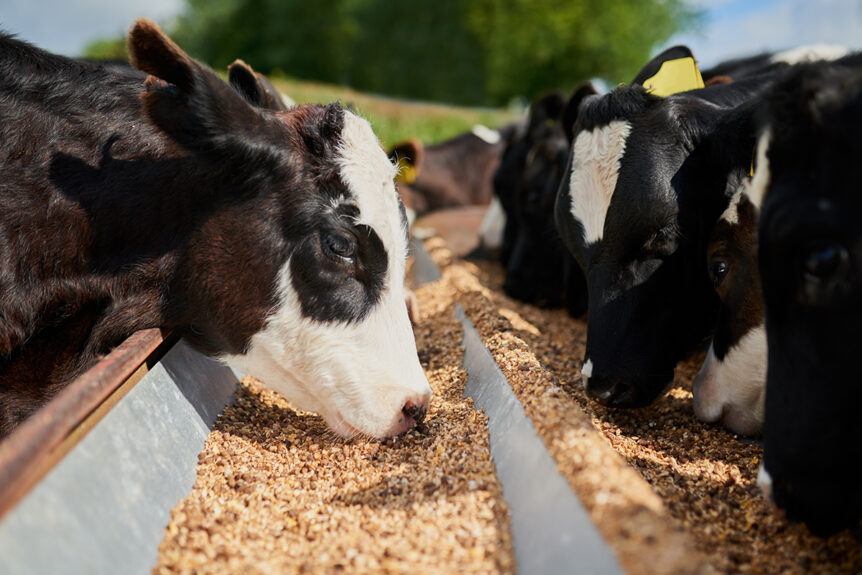Enzymes are used in animal feeds to maximize the feed value and to support the digestive function of the animal. The primary economic reason for using enzymes in the feed is that they allow the animal to convert feed to weight, lowering the overall cost of the final animal. A secondary reason is the environmental impact of better feed conversion. Production of animal feed requires energy to manufacture and transport to the farm, contributing to both an economic and environmental cost. Better feed conversion will also lower manure “output” from the animal, which, in turn, reduces methane production and lowers disposal issues.
EDC has four different enzymes that are OMRI® certified for use in organic animal feeds.
The “organic certified” market is growing fast and consumers are demanding certified organic products for their entire diet, including beef, pork, chicken, and other meats. Consumers have a great deal of trust in the organic certified system, but in order to make these products, farmers need to trust their suppliers. One way farmers can do that is by looking for the OMRI® seal to know that the products being fed to the animals meet the USDA organic requirements. (www.OMRI.org)
Multizyme® Purified Papain RS Concentrate
Papain is a protease enzyme that is extracted from the latex of the unripe papaya. The process to extract and produce the papain has been specifically modified to meet the OMRI requirements for use in organic certified animal feeds. . It is used as a protease in the feed to help the animal digest various proteins and is stable over a wide pH and temperature range. The temperature range on the papain means that it can easily survive the pelleting process.
Multizyme® FAA Concentrate
This is a carbohydrase enzyme derived from A. oryzae which converts carbohydrate to short chain dextrins and maltose to and can be added post pelleting or can be added prior to the pelleting process with some loss in activity.
Multizyme® GA Concentrate
This is a mixed enzyme preparation from Rhizopus oryzae (delemar). The mix is very high in glucosidase and also contains protease and other carbohydrases, as well as some side activities that act on non-starch polysaccharides. The temperature of inactivation is lower so a direct addition to the mash feed or post pellet coating is suggested
Multizyme® GA 375
This is a version of the GA Concentrate standardized to 375 units/gram. The advantage of the standardized version is that the addition rate would remain constant.
To discuss your specific application or request samples, please contact Enzyme Development Corporation at info@EnzymeDevelopment.com
Phone: +1-212-736-1580
© Enzyme Development Corporation, 2024

